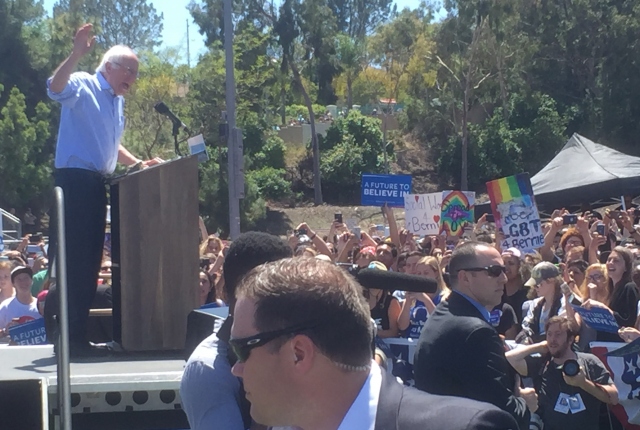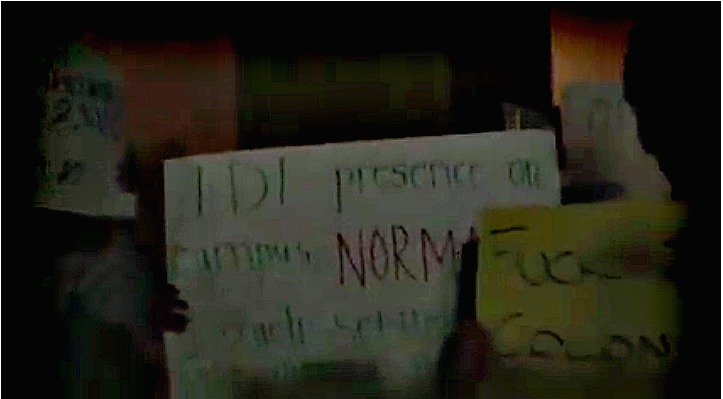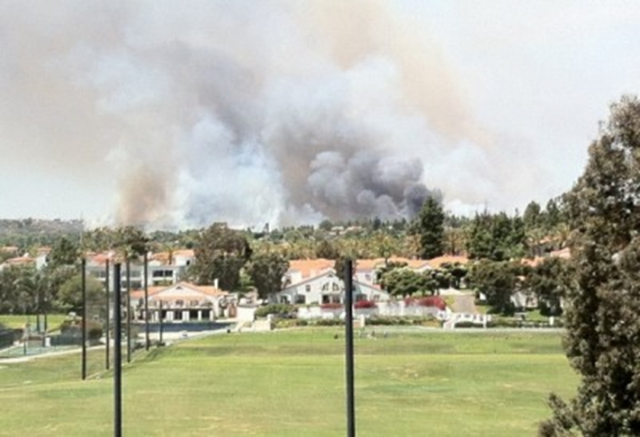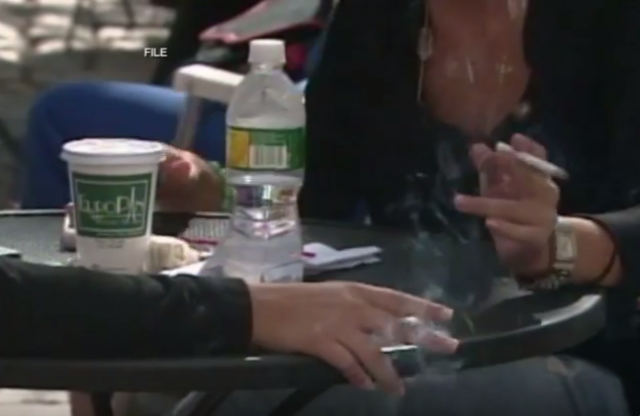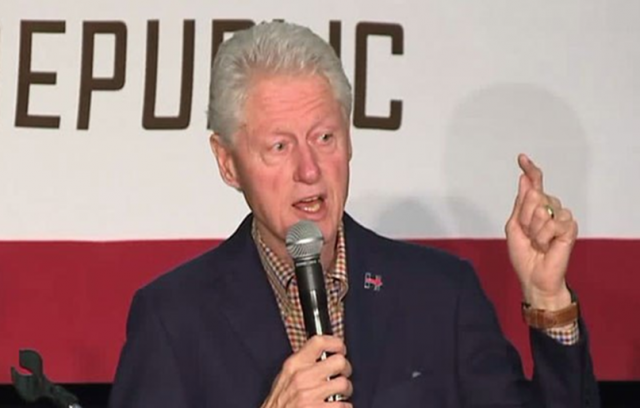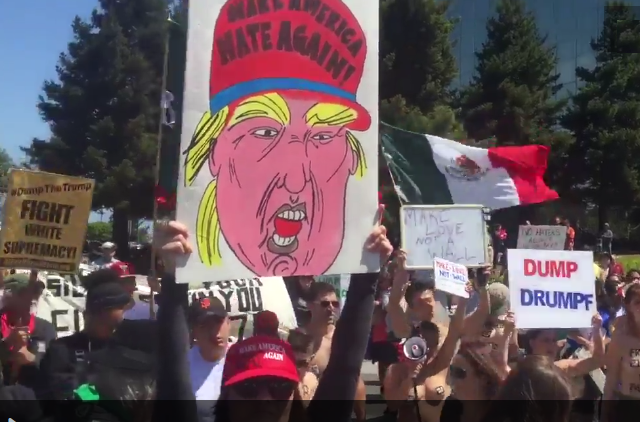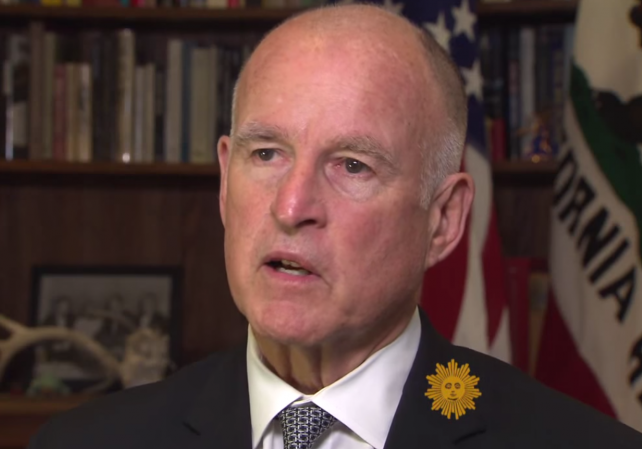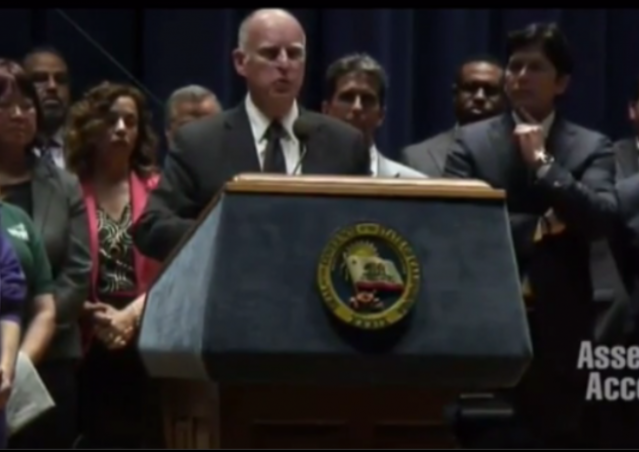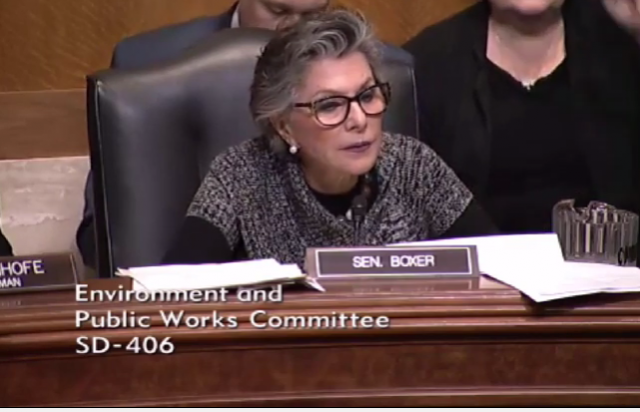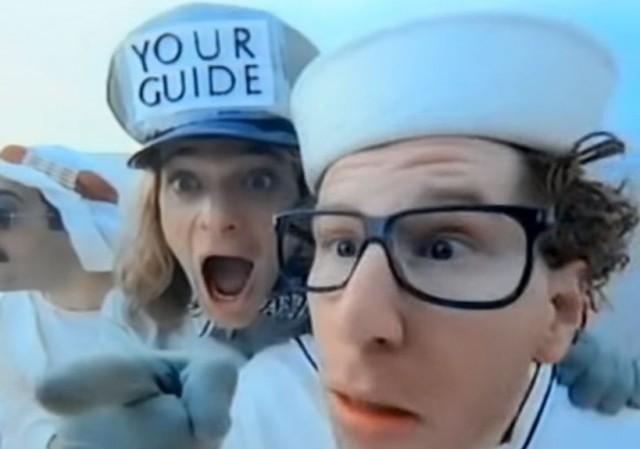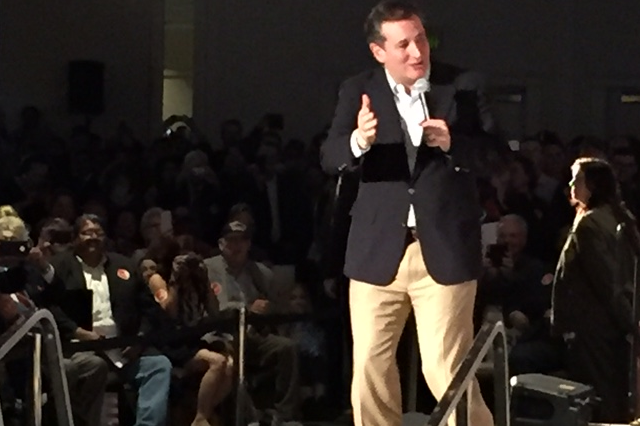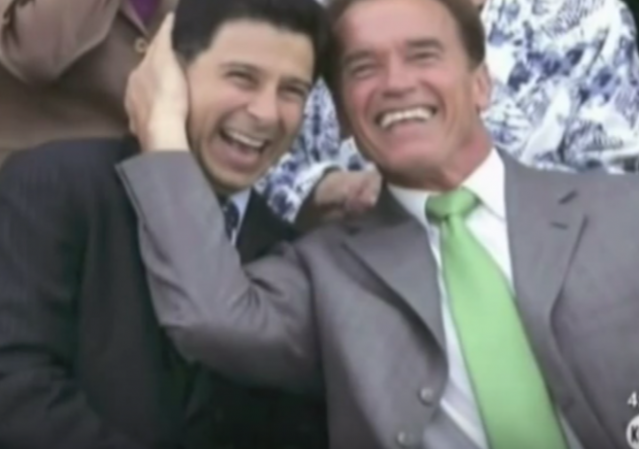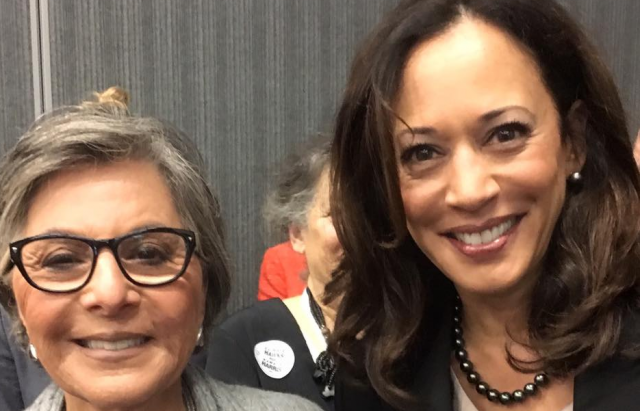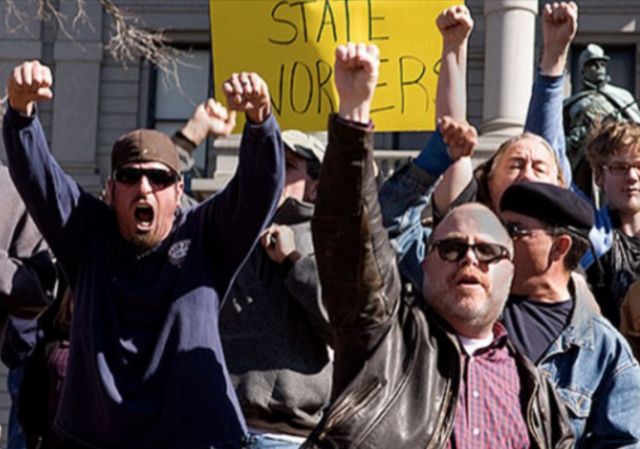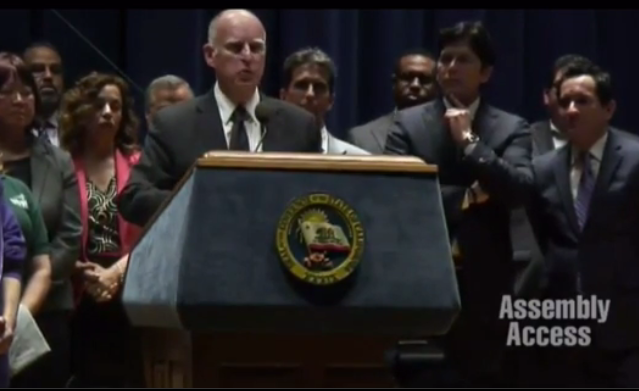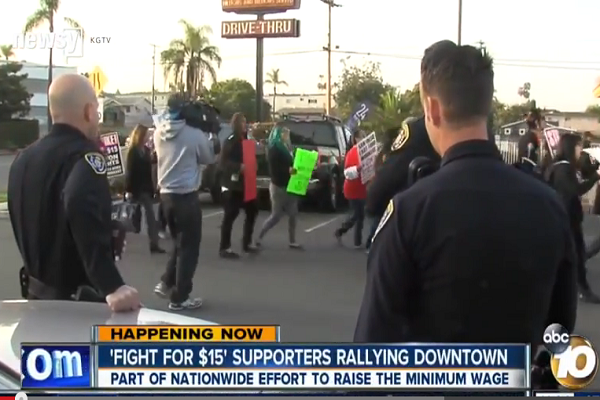California Primary and Convention could both be “messy” for Democrats
on May 24, 2016
11 Comments
Vermont Senator Bernie Sanders predicts that the Democratic National Convention in Philadelphia could be "messy" as he presses his progressive platform planks: "Democracy is not always nice and quiet and gentle."
If the upcoming California primary is any indication, the Democratic Party could get messier far sooner. Both former President Bill Clinton and Sanders held rallies in the San Diego area this weekend.
Sanders' first rally had at least 10,000 attendees.

